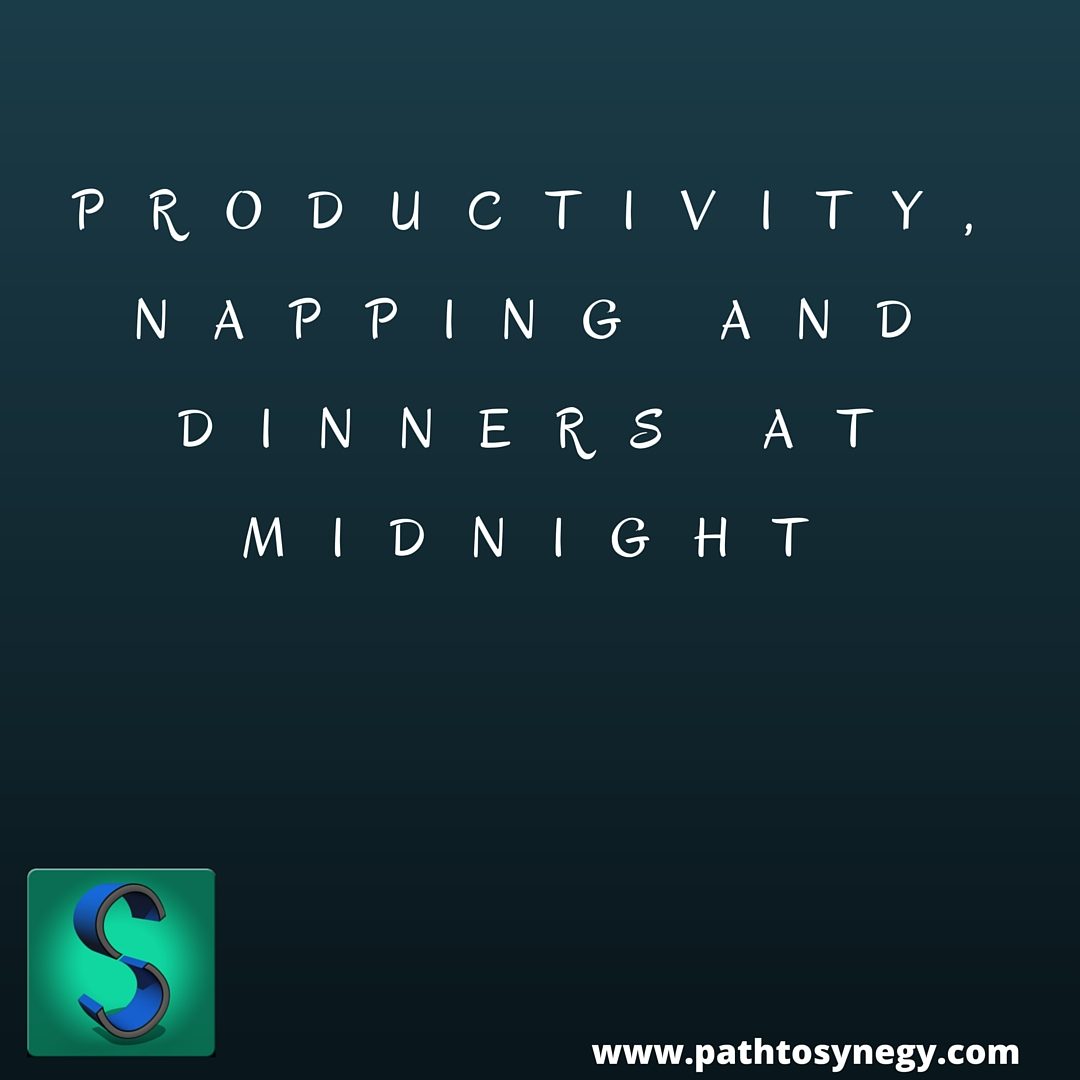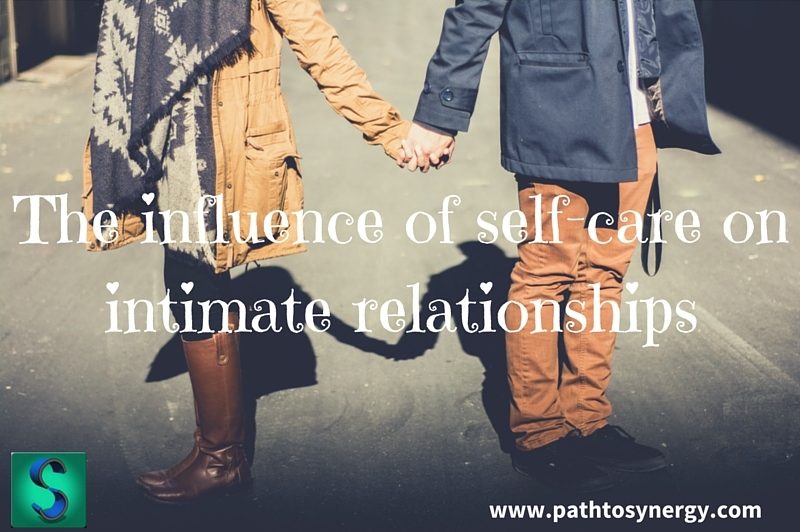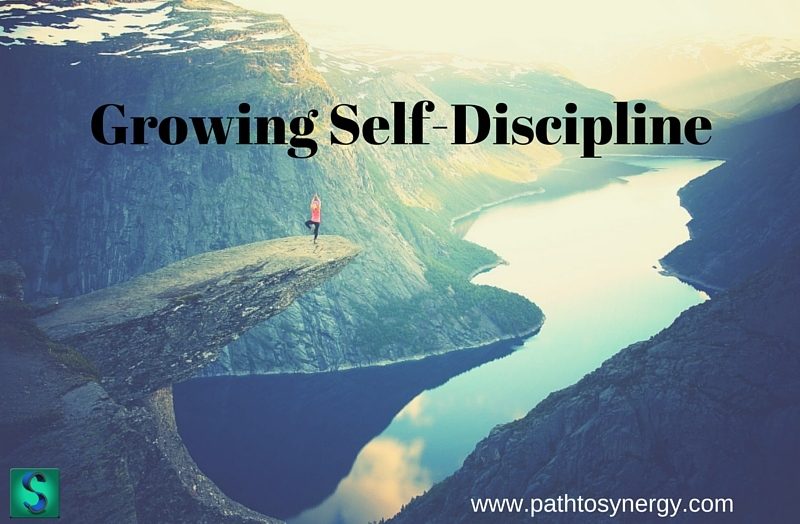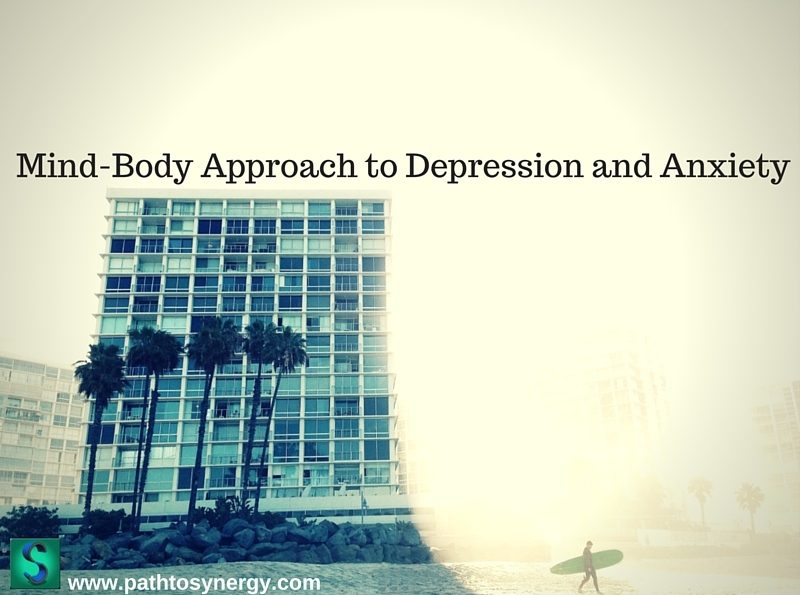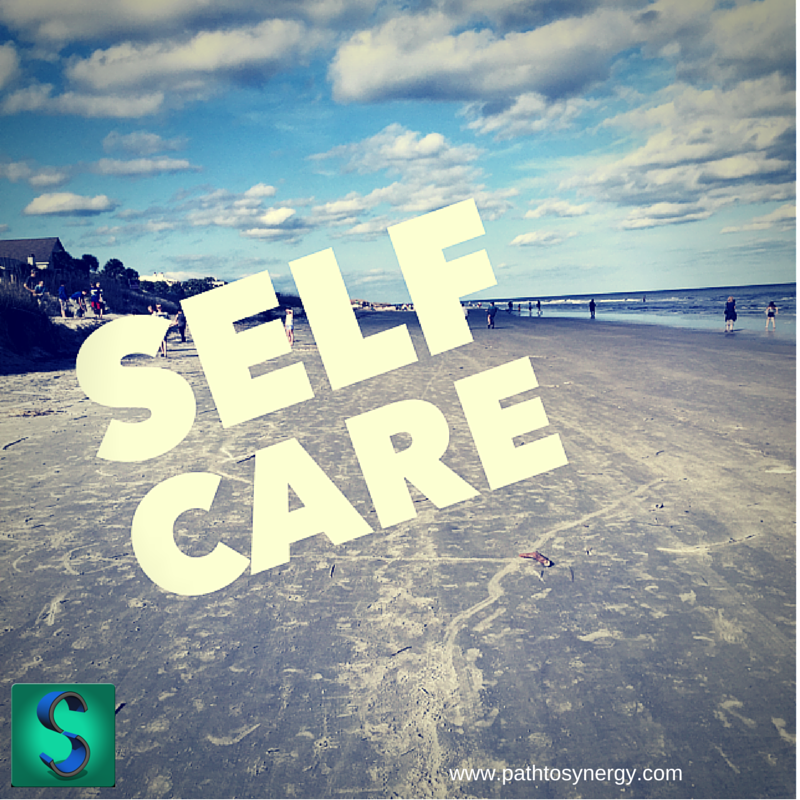Productivity, Napping and Dinners at Midnight
When I was in college I did a summer abroad trip to Spain. I traveled, learned about a totally unfamiliar culture and learned to speak more Spanish in three months than I had in three years of class. This was one of my favorite memories from college. There are many stories to tell, but the one that I was recently reminded of is the difference in scheduling there. The cultural difference is significant and views productivity from a different lens in some areas. For those that have not been to Spain, a typical day, (at least for a college student in 2004) looked like this –
- Wake up at 7am, wake lethargic roommate up, have some light breakfast and start the walk to school. This walk was 1.5 miles one way, a great way to start the day! School 8am-12pm or so.
- Break around noon, walk back to the house, lunch and then Siesta! Siesta translates to ‘rest’ or “nap”, more or less. This is the time when the majority of activity slows down for a few hours and people just relax or sometimes actually take a nap. It’s wonderful!
- Wake up around 3pm, walk back to school and have class from 4pm – 7pm or so.
- The rest of the evenings were spent socializing and often would result in dinner sometimes not until 10pm or later, then more socializing and bed around midnight…..sometimes much later.
Reminiscing this week had me wondering about what this schedule may do to one’s productivity? Here are a few of the pieces I discovered in searching through some data/research –
Napping helps you be more alert
According The National Sleep Foundation who references a study done by NASA on sleepy military pilots, it was found that a 40 minute nap improved performance by 34% and alertness by 100%. However, be mindful that the time of day, personal disposition and length of nap may increase or decrease its effectiveness. It may be best to experiment with napping in order to find the right fit.
Whether it is napping, relaxing, going for a walk or finding some other way to decompress, there is value in taking a break. Having regular breaks in your day can help you to mentally, emotionally and physically re-charge, allowing you to be more effective with your time working.
There is building research available to show that napping can improve long term memory and task performance.
Having a mid-day break is controversial
According to an article in the NY Times, there is some mixed research about how productive Spain is based on the schedule of including the daily siesta. While some research shows productivity is low, other research shows that Spain is more productive than many other European countries. There is currently some push to move to a more regular schedule, which some of the country already embraces.
So why bring up this idea of the Siesta and productivity? I think it is an interesting example of how our lifestyle and culture impacts our experience. Certainly implementing the siesta in our western culture wouldn’t really fit, given the demands and cultural scheduling that we already have in place here. However, we do have the option of implementing other ways to improve self-care.
One of the most consistent topics that come up with both groups and individuals that I work with, is the idea of a self-care practice. Practices look different for everyone but common themes include exercise, meditation, time with loved ones or a variety of other hobbies.
There may be some controversy about including a long nap in the middle of the day. But, there is certainly strong evidence to show that when we take time to take care of ourselves our productivity, relationships, happiness and health improves. If you are interested in testing this out, consider answering one or both of these questions –
What can you commit to for 10 minutes every day for the next two weeks that will help you to slow down, reduce stress or improve your ability to be present?
What is one thing you can take out of your life for the next two weeks that you know distracts you?
Thanks!
Michael
P.S. If you are curious to learn more about personal development, workplace challenges, interpersonal dynamics, goal achievement and a wide variety of other topics, sign up today! www.www.arcintegrated.com/newsletter. It’s totally free.
You’ll also receive a FREE tip sheet with Five Strategies to Build Motivation!

